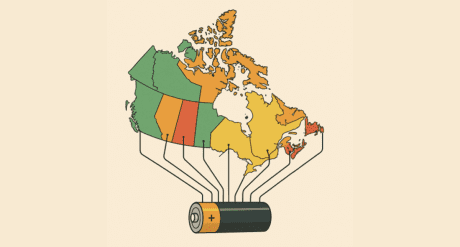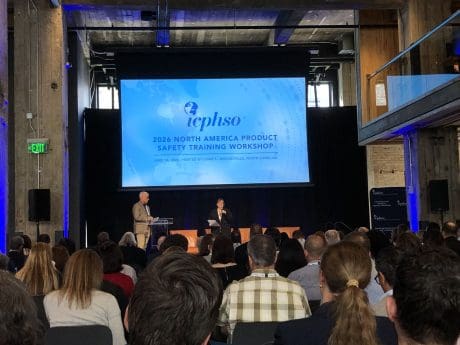
France Opens Consultation on Extended Producer Responsibility


In accordance with the Anti-waste and Circular Economy Law No. 2020-105, the draft text establishes the modalities of EPR implementation by producer through eco-organizations or individual systems, in particular with regard to the modalities of their approval by the administrative authority, the minimum waste management obligations and management of illegal waste dumping, conditions for setting up funds relating to the financing of repair and reuse of products.
This draft also sets the conditions for the return of used products by distributors, in order to improve the local collection service for users. Finally, the decree specifies the monitoring and control missions of the various EPR sectors entrusted by law to the Environment and Energy Management Agency (ADEME).
The draft decree contains 6 Articles.
Article 2 introduces new articles R. 131-26-1 to R. 131-26-4 in the Environmental Code to clarify the monitoring and control of EPR channels. It specifies the duties entrusted to ADEME and provides the methods of financing these responsibilities by a fee.
Article 3 replaces Section 8 of Chapter I of Book V, Title IV of the Environmental Code, by laying down the general provisions relating to EPR. It introduces 92 articles divided into 7 Subsections in the Code.
Subsection 1 corresponding to Articles R. 541-86 to R. 541-132 of the Code sets out provisions relating to eco-organisms. It sets the terms of approval (content of the file, procedure) and self-assessment, the provisions relating to waste prevention and eco-design of products, to waste management in general, as well as those relating to the financial management and procurement with operators.
Subsection 2 which covers Articles R. 541-133 to R. 541-145 of the Code sets out measures relating to individual systems and provides for the procedures for approval and self-assessment. It also sets out the conditions for the functioning of these systems according to conditions aimed at guaranteeing the collection of waste from products placed on the market by the producer, in order to prevent these being left as the responsibility of the community.
Subsection 3 (Articles R. 541-146 to R. 541-157 of the Code) is devoted to the operation of funds dedicated to financing repair, reuse and reuse operations. It specifies which sectors are subject to this obligation and the minimum amounts that must be allocated to these funds.
Subsection 4 (Articles R. 541-158 to R. 541-166 of the Code) deals with the return of used products by distributors. It sets the categories of products subject to this obligation, and for each category.
Subsection 5 (Articles R. 541-167 to R. 541-169 of the Code) concerns the procedures for implementing EPR for online sales, while Subsection 6 (Articles R. 541-170 to R. 541-172 of the Code) provides measures governing the inter-sectorial communication of EPR actions implemented by the Ministry responsible for the environment in connection with the EPR sectors concerned.
Do you want to stay on top of regulations, standards and requirements from around the globe? Book a Demo today!








